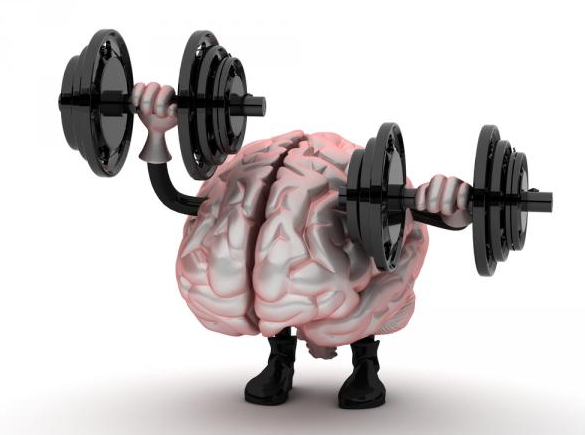
Every year, there are between 1.6-3.2 traumatic brain injuries (TBIs) reported in America, most of which are concussions. Out of these, over 300,000 TBIs are sports-related, accounting for over 10% of all sports-related injuries in America.
Over the years, researchers have conducted studies to establish the role of age in the severity of concussion symptoms. Most studies show younger patients tend to exhibit more severe symptoms compared to older patients.
Let us take a look at the role of age in the severity of concussion symptoms. But before that, we will first understand what concussions are.
What is a concussion?
A concussion is a type of mild traumatic brain disease (mTBI) that can affect brain function. They usually result from a blow, bump or jolt to the head. Some of the most common causes of concussions include contact sports, falls, assaults, and auto accidents.
If you or someone close to you is experiencing headaches, sensitivity to noise, blurred vision, irritability, dizziness, fatigue, sensitivity to light, and memory dysfunction after a blow to the head, getting a concussion evaluation from a specialist is a good idea. While a concussion may not be life-threatening, doctors recommend seeking immediate medical attention to establish the extent of your injuries.
The relationship between age and severity of concussion symptoms
According to a study by JAMA Pediatrics, younger children are more likely to exhibit severe symptoms of concussions than older children. The study also showed a slight difference in the symptoms between boys and girls, with boys exhibiting slightly severe symptoms than girls.
When put to the test, children in the five to nine age bracket exhibited poor performance in maintaining balance and cognitive tests compared to older children. However, there doesn’t seem to be any significant difference in the severity of symptoms in teenagers and younger adults. According to a study performed on high school and college students, both categories show similar symptom severity.
Unlike children who usually exhibit behavioral symptoms, adults suffering from concussions exhibit physical symptoms like headaches and fatigue. Other studies suggest that while symptoms could be more severe in young children, adults are at a greater risk of brain damage from concussions than children.
Role of age in concussion recovery
With the right treatment and therapy, it may take just a few weeks for patients to recover fully from a concussion. Doctors recommended that concussion patients avoid activities that could exposé them to further injuries before they recover fully. Returning to activities that could expose them to additional injuries puts them at the risk of Second Impact Syndrome. Which can be severe or even fatal.
Children and young adults recover faster than adults from most injuries. It is easy to assume the same is the case with concussions. Well, it isn’t. According to experts, children and young adults’ brains are still in the developmental stage, making them fragile, thus affecting their recovery process.
After a concussion, a teenage football player can return to active sports depending on the extent of their injuries. However, according to Professor Lauren Sergio of York University’s Faculty of Health, it may take more than two years before returning to their pre-concussion performance.
Take away
No one concussion injury is similar to another. Therefore, the severity and recovery time may vary from one patient to another irrespective of the age difference. This also means that what worked for one patient may not work for another.
It would be best to consult a doctor if you or your child has had recent trauma to the head and is exhibiting symptoms of a concussion. A doctor will perform a concussion evaluation to determine the extent of your injuries and identify the best treatment approach.







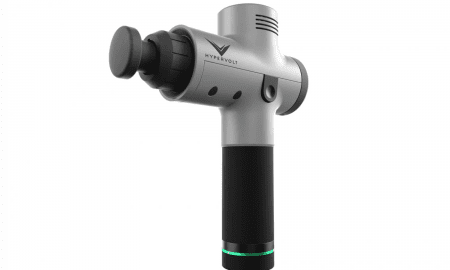



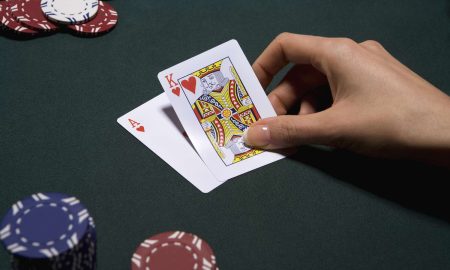




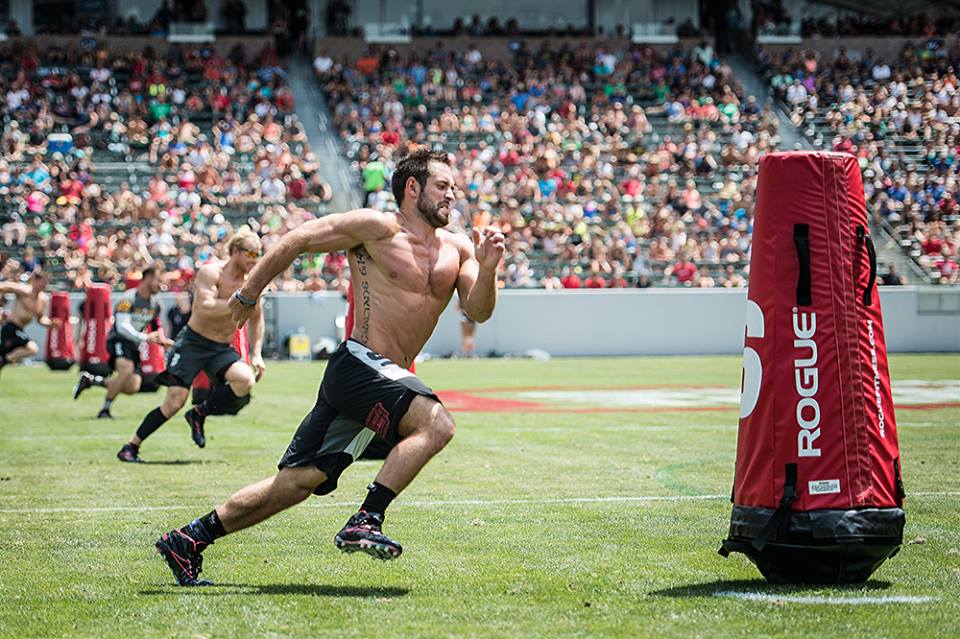
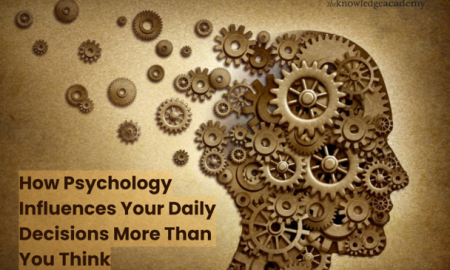
Follow Us